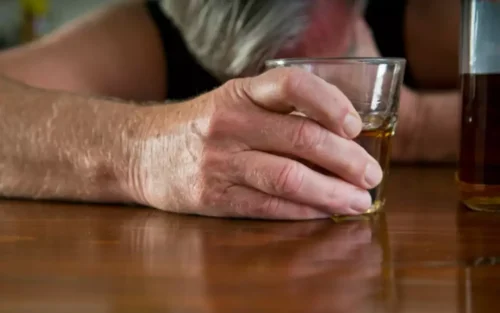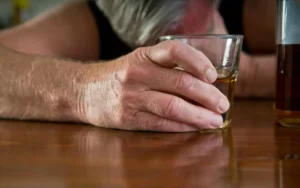Dry Drunk Syndrome: How to Overcome Sober Drunk Behavior Patterns?

Payment of benefits are subject to all terms, conditions, limitations, and exclusions of the member’s contract at time of service. Calls to our general hotline may be answered by private treatment providers. We may be paid a fee for marketing or advertising by organizations that can assist with treating people with substance use disorders. Dry Drunk Syndrome is also known as “untreated alcoholism” in 12-step circles.

Not Being Able to Alter Behavioral Responses

The alcoholic is sober and has no cravings for alcohol, and there is no threat of relapse. At the preparation stage, alcoholics have decided to make a change, and they are planning to take meaningful steps toward recovery in the near future. Speaking generally, many individuals with an alcohol use disorder display behaviors that are insensitive, misleading, and sly. Alcohol changes the brain, and once a person is dependent or addicted, the person will experience withdrawal symptoms without alcohol. As a result, they may experience cravings that can trigger an aggressive response. The American Psychiatric Association recommends avoiding stigmatized language when referring to mental health conditions.
- Call 24/7 to have a discussion with one of our treatment professionals the call is completely free.
- If you think this is a possibility, perhaps it is time to stage an intervention.
‘Soberish’ Woman Shares Five Facts To Encourage Others To Stop Drinking
This phase often begins subtly, with small annoyances becoming disproportionately frustrating. As these feelings grow, they can lead to a mindset of separation from others, feeling misunderstood or isolated. People with addiction often view themselves, others, and the world around them negatively. Superiority or grandiosity refers to a return to a self-centered mindset, where an individual believes the world revolves around them. This attitude can manifest as either feeling superior to others or playing the victim.
Someone who is suffering from dry drunk syndrome may:

Complacency is not only a characteristic of dry drunk syndrome but also a warning sign of potential relapse. Active recovery requires continuous progress, regardless of the pace. drug addiction This mindset can lead to feelings of superiority or inferiority, fostering bitterness and resentment. Such negative self-perception and judgment isolate individuals mentally, posing a significant risk to recovery, as they may regress rather than progress.

Alcohol post-acute withdrawal syndrome has been a subject of much debate over the years due to insufficient research and evidence. While clinicians working at the rehabilitation centers often notice signs of protracted withdrawal syndrome, it is hard to keep track of all patients who stopped abusing alcohol. Crystal Raypole has previously worked as a writer and editor for GoodTherapy. Her fields of interest include Asian languages and literature, Japanese translation, cooking, natural sciences, sex positivity, and mental health. In particular, she’s committed to helping decrease stigma around mental health issues. People recovering from alcohol misuse or addiction often experience difficult, painful emotions.
Identify your reasons for drinking
People suffering from Alcohol Use Disorder do not change their behavior even if they’re fired, wind up in the hospital, or suddenly become a parent. They do not see a problem with their drinking, so they continue to pursue it. Although this study focused on a single type of brain cell in a flat environment, the team is developing more sophisticated models for their sober alcoholic meaning research. “Chronic heavy drinking can also lead to memory problems and even increase the risk of dementia,” he concluded. The doctor then examined alcohol’s effect on the skin, saying that the substance is inherently dehydrating which can result in puffiness and bloating in the short term. In the long term, it can indeed lead to more wrinkles and a prematurely aged appearance.
- Other definitions, however, focus on the process of recovery and coping habits that support health and wellness over the long term.
- It’s important to know the signs of alcoholic behavior before they worsen.
- Admission Line and explanation of convenient private phone and free prescreening.
- Finding a counselor who works for you is a perfect start, in fact, it would be even better to have that form of counseling connected to treatment.
- As such, it’s obvious how their drinking can affect their partners and other family members.
- Alcohol is no longer the cause of their problems, but problematic thinking and behaviors inhibit them from living happy and healthy lives.

0 comments
Write a comment